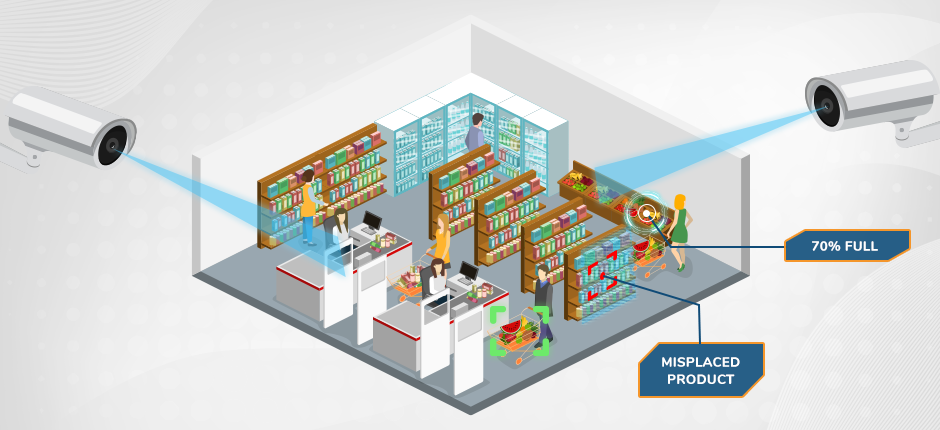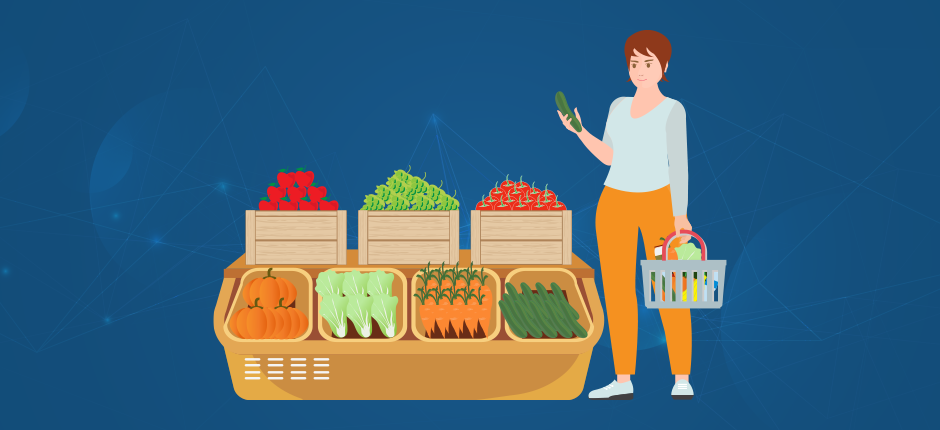
In today’s constantly changing retail industry, data-driven shopping experiences and high customer expectations are the norm. However, providing a personalized shopping experience that is both relevant and valuable on a large scale is no easy task for retailers. As digital and physical purchasing channels become more integrated, those retailers who can innovate their channels will be ahead of the competition.
AI is revolutionizing the retail industry by automating tasks and providing more accurate data. For instance, we can now see AI in action through retail robots and AI-powered purchasing systems. Data is used to train machine learning algorithms which then helps retailers better understand customer needs, make recommendations, and optimize inventory management.
Artificial intelligence is allowing businesses to make faster marketing, e-commerce, product management, and other business decisions by narrowing the gap between insights and action.
According to IBM Corporation research, the adoption of AI in retail and consumer goods businesses is anticipated to rise from 40% of businesses presently to more than 80% by the end of 2022, a year in which global retail spending on AI is expected to hit $7.3 billion. By 2027, AI in retail will be worth $23.32 billion.
So, what exactly is the value of AI for retail and retailers?

Fresh Food Monitoring
One of the most valuable things AI can do for retail is to reduce food waste. With machine learning algorithms, retailers can track when items are restocked and predict when they will go bad. This information can be used to automatically send alerts to staff to remove items before they spoil or even adjust pricing to sell items before they reach their expiration date.
Suppose fruits and vegetables in a retail setting are starting to go bad. In that case, fresh food monitoring can give retailers real-time notifications so they can be rotated to a busier store. This helps prevent both food waste and financial losses. This is an excellent example of how leveraging artificial intelligence in retail can help you be more sustainable since it prevents food waste.
Shelf Stock and Planogram Analytics
Too often, shelves are not stocked correctly, or the product mix is incorrect. This results in lost sales and frustrated customers who can’t find what they’re looking for. Shelf stock analysis uses computer vision to scan shelves and identify stocking errors so they can be corrected in real-time. Planogram analysis helps retailers understand how products are selling in relation to one another and optimize their placement for maximum sales. With AI, these tasks can be done quickly and accurately, saving retailers time and money.
Fraud and Shrinkage Detection
No retail business is immune to fraud and shrinkage. Unfortunately, these are costly problems that can erode profits and damage customer trust. AI-powered systems can help retailers detect and prevent both internal and external theft. AI can identify potential red flags and alert store staff or security by analyzing purchase history, returns, and employee behavior. AI can also be used to monitor store shelves and identify when items are missing, helping retailers quickly locate inventory shrinkage.
Product Categorization and Pricing
One of the most time-consuming tasks for retail employees is product categorization and pricing. This is also an area where human error can lead to lost sales and frustrated customers. AI can help by automating product categorization and pricing. By using data such as product descriptions, images, and customer reviews, AI can quickly and accurately assign products to the correct category. AI can also monitor competitor pricing and adjust prices accordingly, helping retailers stay competitive and maximize profits.
Market Demand Prediction
One of the most challenging things for retailers is predicting market demand. This is especially consequential for seasonal items or new products. If a retailer can’t accurately predict how much demand there will be, they run the risk of overstocking (and losing money on markdowns) or understocking (and losing sales). AI can help by analyzing historical data, social media trends, and weather patterns to give retailers a more accurate picture of future demand. This information can be used to adjust inventory levels, pricing, and promotions accordingly.
Supply Chain Optimization
Another area where AI can add a lot of value for retail is supply chain optimization. By using data from sensors, GPS tracking, and weather forecasts, AI can help retailers plan their shipments more efficiently. This includes things like routing, scheduling, and load balancing. By reducing the time goods spend in transit, retailers can reduce costs and get products to customers faster. Additionally, artificial intelligence in retail can help retailers predict disruptions in the supply chain and find alternative routes to keep goods moving.
Cognitiwe Smart Retail
Cognitiwe uses image processing and deep learning to gain valuable insights and offer more detailed analyses and predictions for retailers. We make it easy to run a retail store by providing an automated solution to monitoring shelf stocks, the freshness of vegetables and fruits, detecting fraud and shrinkage, and spotting misplaced products.
The Cognitiwe Predictive Vision AI Platform monitors the freshness of fruits and vegetables using regular IP cameras. Our AI-powered solution can rapidly and precisely estimate the amountof products in both displays and stock boxes. The AI for retail platform is regularly trained and updated to ensure that it correctly identifies product positioning and amount so you can be confident in its accuracy. And given the sensitivity of these use cases, Cognitiwe makes sure to comply 100% with GDPR and other relevant laws.
Contact us today and discover how Cognitiwe can help your retail business grow by leveraging artificial intelligence to create tangible value and profitability.
